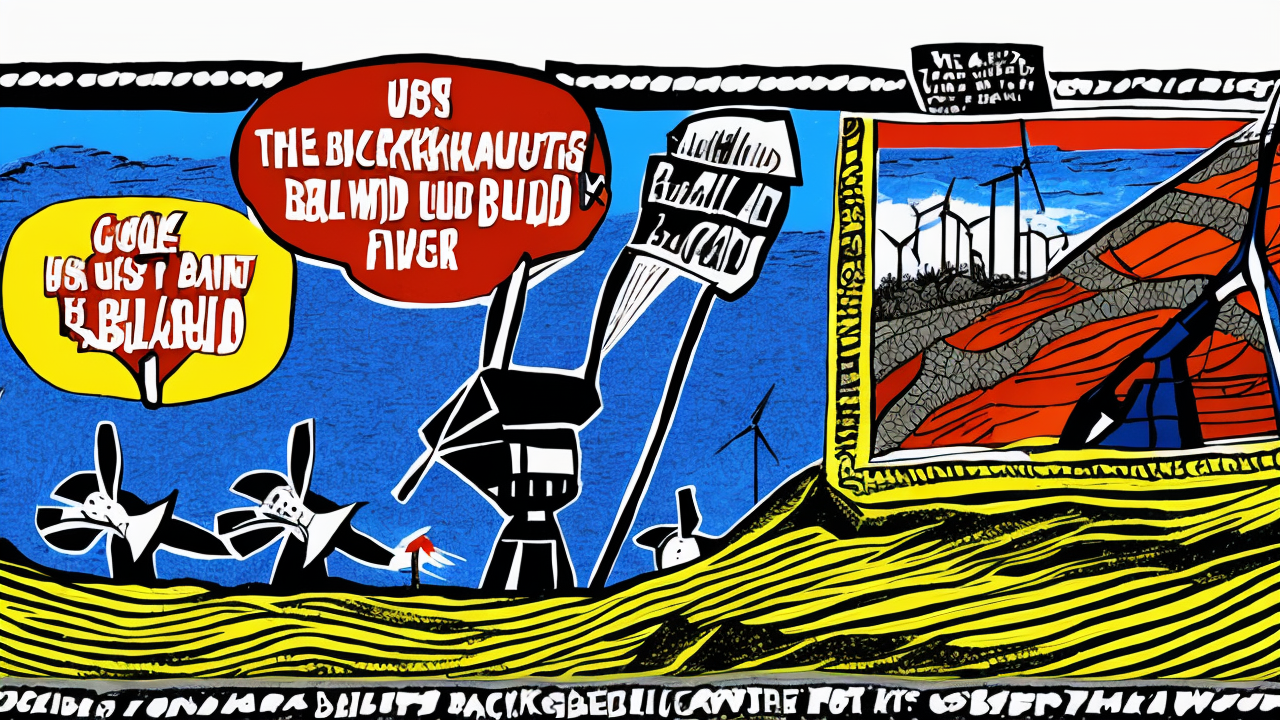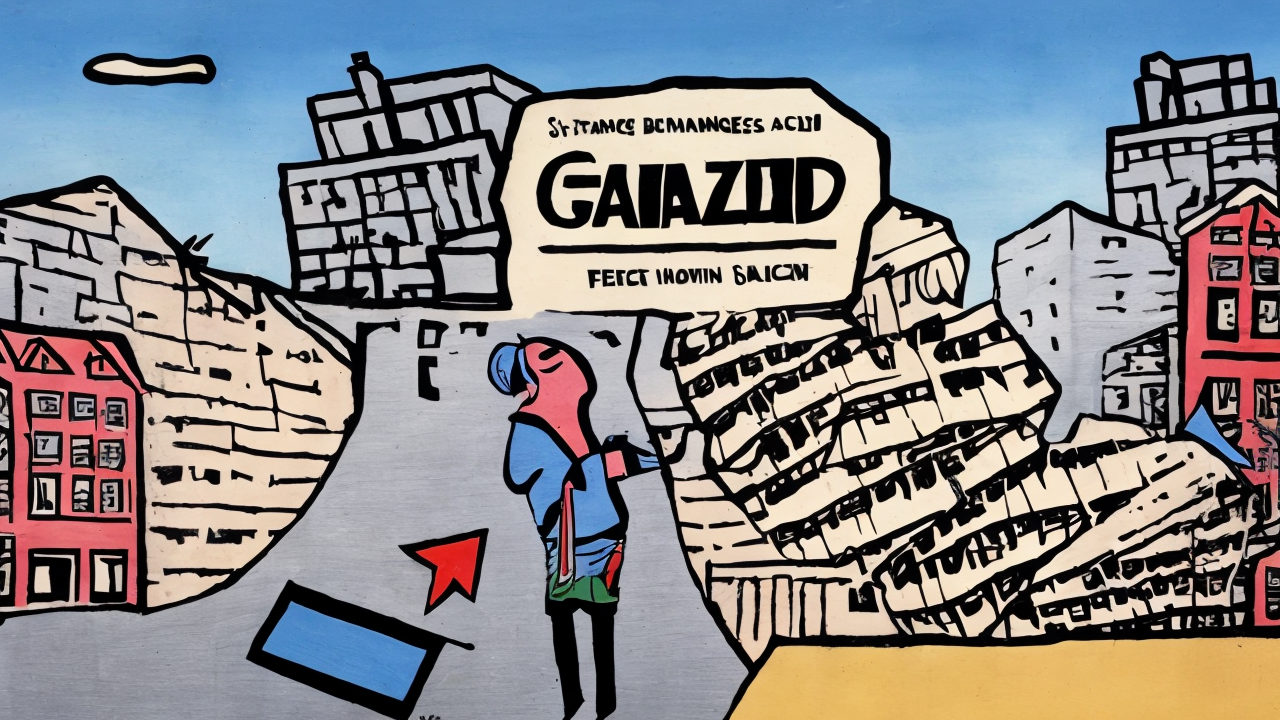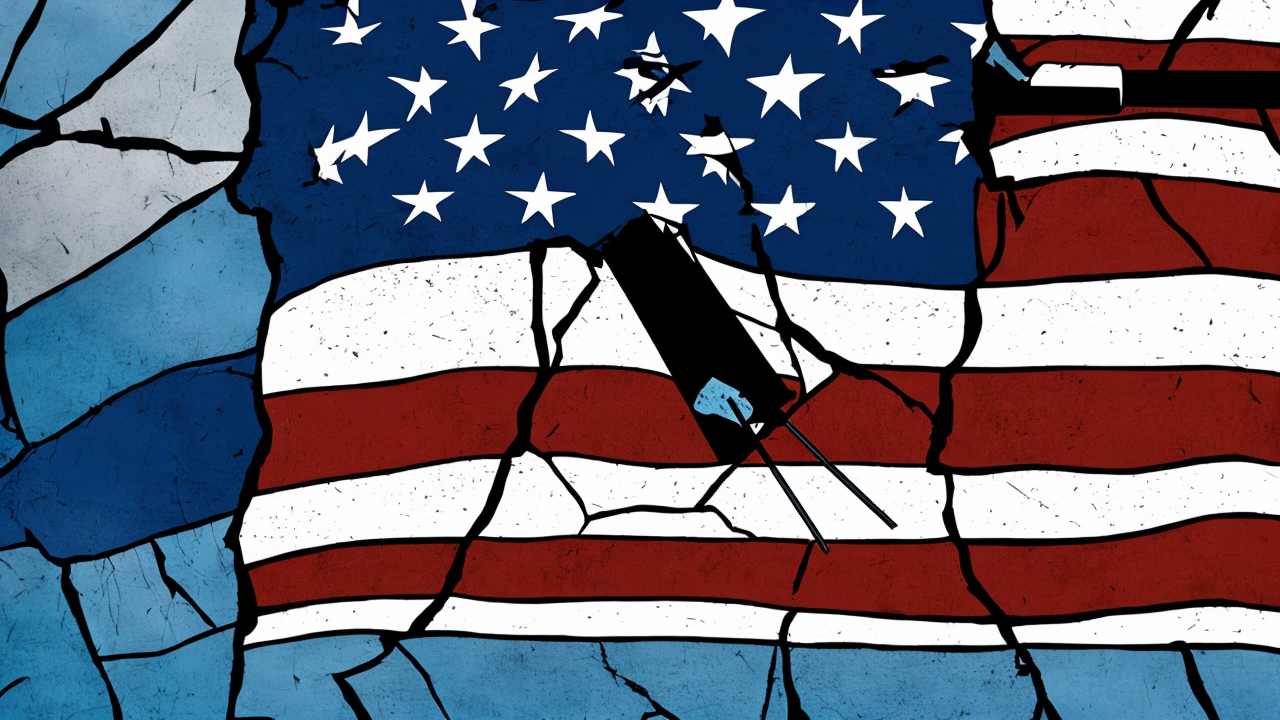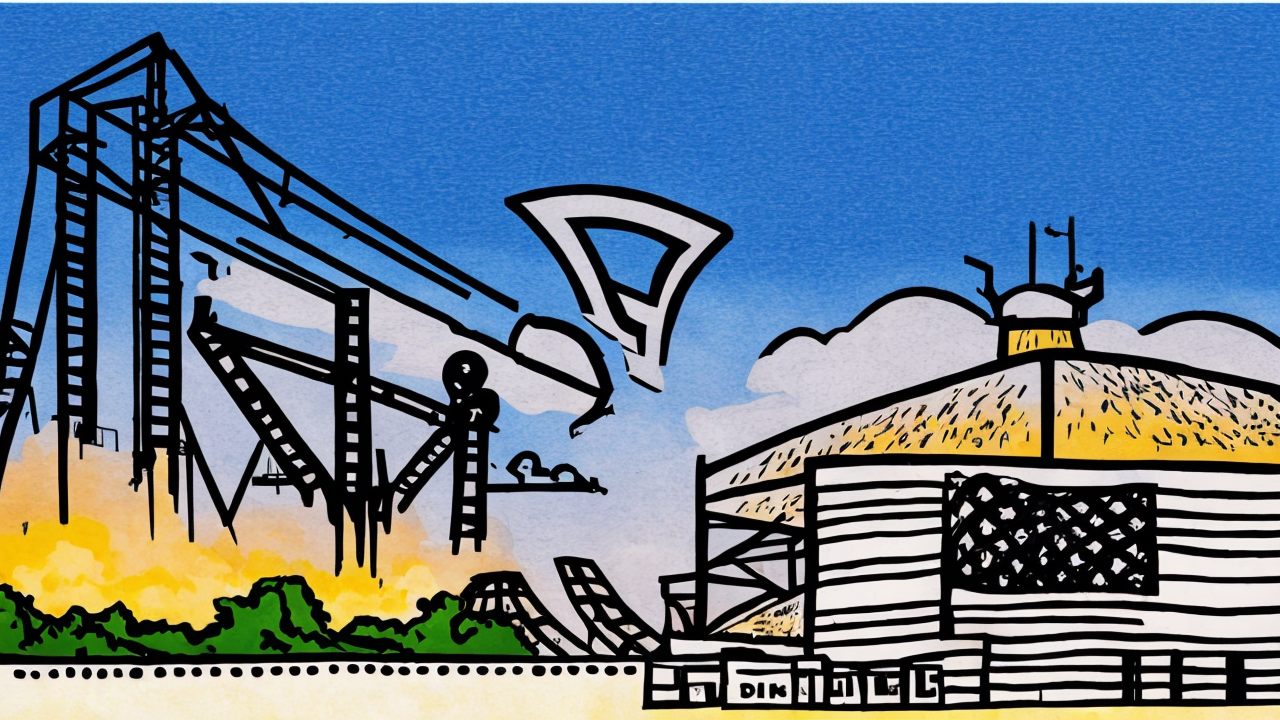Conservative News Article: The Truth About Robin Westman’s Antisemitism and the Media’s Failure to Report It
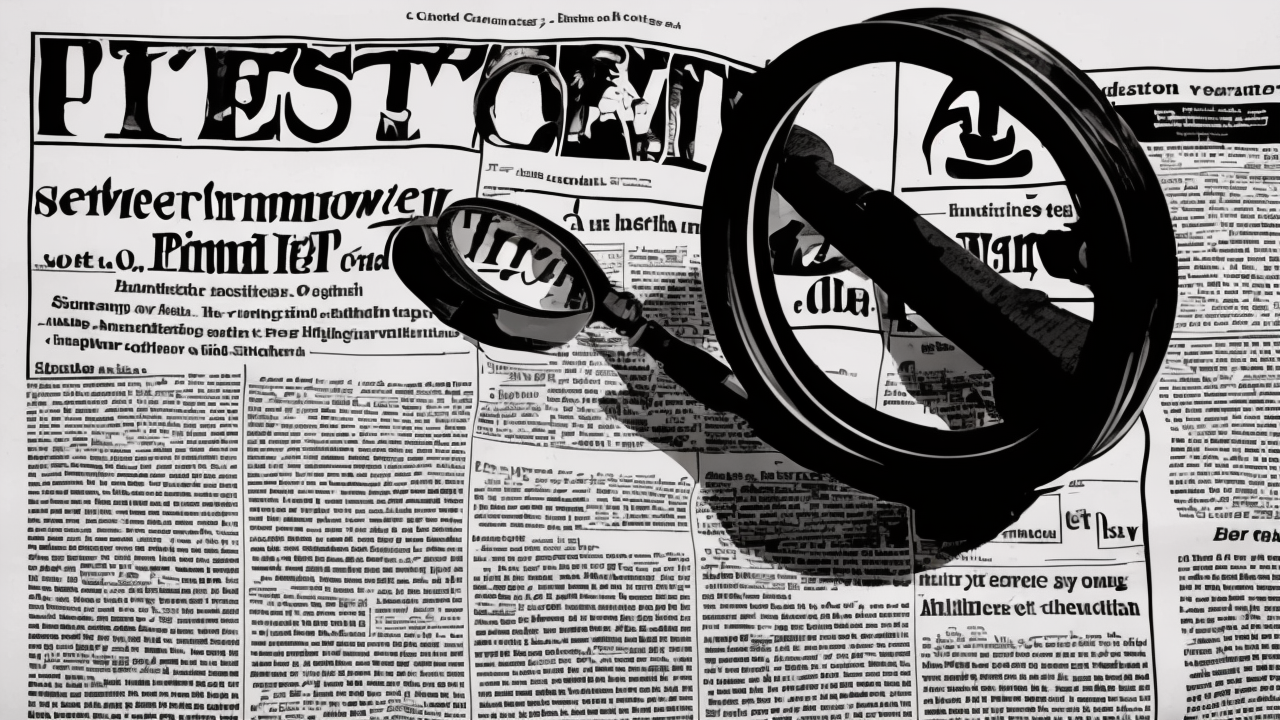
The attack at Annunciation Catholic School in Minneapolis, carried out by Robin Westman, is a tragic reminder of the growing threat posed by ideological extremism in America. The deaths of two young children demand our deepest sorrow and reflection. But beyond grief, we must confront the full truth of what happened—especially the extremist beliefs that fueled the violence.
Westman’s writings and the messages carved into his weapons leave no doubt about his ideology. Phrases like “Burn Israel,” “6 million wasn’t enough,” and “Destroy HIAS” are not just shocking rhetoric. They are clear, deliberate expressions of antisemitism. These words directly reference the Holocaust and target Jewish institutions. The inclusion of “Free Palestine” and “Israel must fall” ties his views to extremist narratives that reject the existence of the Jewish state and glorify violence against it.
These are not random outbursts. They reflect a coherent and dangerous worldview that dehumanizes an entire people and justifies terror. This ideology is not new, but it remains active and deadly.
Despite the clarity of these messages, major media outlets—including CNN, the BBC, and the New York Times—framed Westman as an “equal-opportunity hater.” They emphasized his hostility toward various groups while minimizing his specific, targeted hatred of Jews. This framing is not neutral. It is a deliberate choice that distorts the nature of the threat.
By treating all forms of hate as equivalent, the media downplays the historical weight and moral urgency of antisemitism. For centuries, antisemitism has been linked to mass violence, genocide, and systemic persecution. Reducing it to just another form of hate ignores its unique legacy and its ongoing role in inspiring real-world violence.
This distortion has real consequences. False claims that Westman was Jewish—spread by figures like Lauren Witzke, a self-identified Christian nationalist and QAnon adherent—gain traction because the mainstream press fails to correct them. These claims are easily disproven, but their persistence reveals a deeper problem: when the media avoids naming the true roots of violence, it creates space for misinformation to spread.
The silence allows conspiracy theories to flourish and erodes public trust in factual reporting. When the press avoids difficult truths, it becomes complicit in the very narratives it claims to challenge.
Westman’s use of Arabic phrases like “Mashallah” and his admiration for violent extremists further point to a deeper ideological alignment. He was not simply angry at a school or a community. He was drawn to a global extremist ideology that opposes the West, rejects Jewish sovereignty, and glorifies jihad. This pattern is well-documented in the manifestos of other extremists.
Yet, the media often avoids making this connection. This reluctance reflects a broader hesitation to name the ideological forces behind such attacks. These forces are rooted in anti-Western sentiment, anti-Jewish hatred, and anti-Christian ideology. They are not abstract concepts. They are lived beliefs that lead to real violence.
Failing to report these facts with honesty and courage is not just a journalistic mistake. It is a moral failure. When the press avoids naming the specific hatreds that drive violence, it fails its duty to the victims, to truth, and to the public good. It allows dangerous ideologies to operate in the shadows, unchecked and unchallenged.
True accountability requires more than emotional reaction. It demands clear analysis. We must recognize that antisemitism is not a relic of the past. It is a living ideology that continues to inspire violence today. We must also acknowledge the cultural and political conditions that allow such ideas to spread—especially when they are ignored or misrepresented by those who should be holding the line on truth.
As a society, we must demand better from our media. We must support outlets that uphold factual integrity, even when the truth is uncomfortable. We must also build a culture that values life, respects human dignity, and speaks clearly about evil when it appears.
Only then can we honor the memory of the innocent. Only then can we protect future generations from the same darkness.
Published: 8/30/2025


